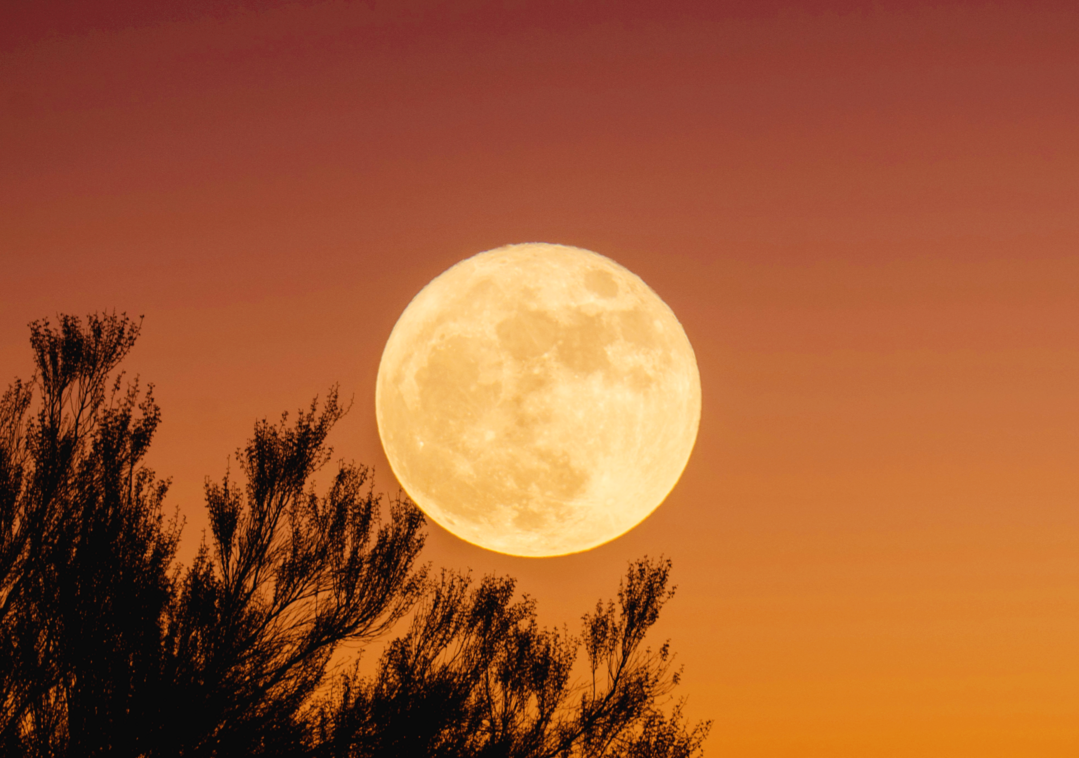
Jeongwol Daeboreum is a traditional Korean holiday celebrated on the 15th day of the first lunar month. Considered the second most important holiday after Lunar New Year, it marks the beginning of a new year and is filled with various customs designed to wish for a prosperous year.
Many customs associated with Jeongwol Daeboreum revolve around moon worship. People would make wishes while gazing at the full moon and perform rituals like jishinbapgi (stomping on the ground) to ward off evil spirits and invite good fortune. Additionally, they enjoyed various foods and activities such as eating ogukbap (five-grain rice), cracking nuts, and playing with fire, all with the aim of ensuring good health and luck.
Some of the most representative customs include:
Ogukbap: This is a type of rice cooked with five different grains, including beans, millet, and sorghum. It is believed to bring good health and fortune.
Cracking nuts: By cracking nuts like peanuts, walnuts, and pine nuts, people hoped to prevent skin diseases and stay healthy throughout the year.
Jujubnori: In this custom, people would gather straw or branches and set them on fire to burn away evil spirits and enjoy the festive atmosphere of Jeongwol Daeboreum.
Jishinbapgi: This ritual involved walking around the house and stomping on the ground to invite good fortune and ward off evil spirits.
Although fewer people observe Jeongwol Daeboreum as strictly as they did in the past, many still continue to enjoy customs like eating ogukbap and cracking nuts. Jeongwol Daeboreum is a valuable cultural heritage of the Korean people and should be passed down to future generations.
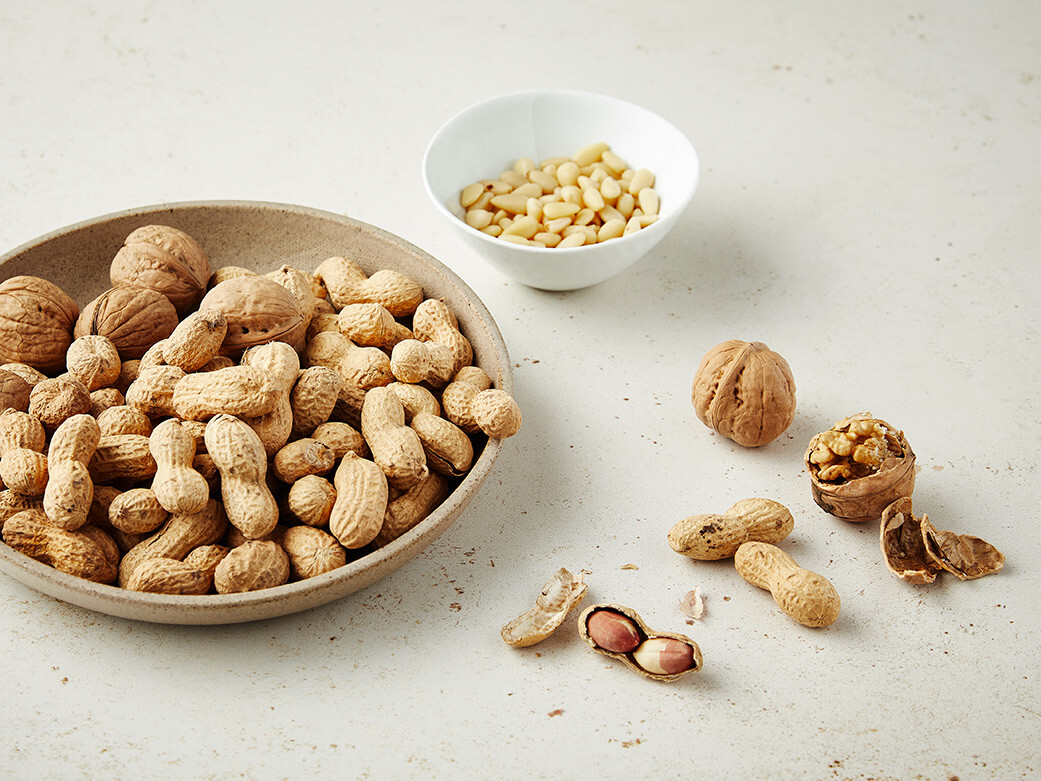
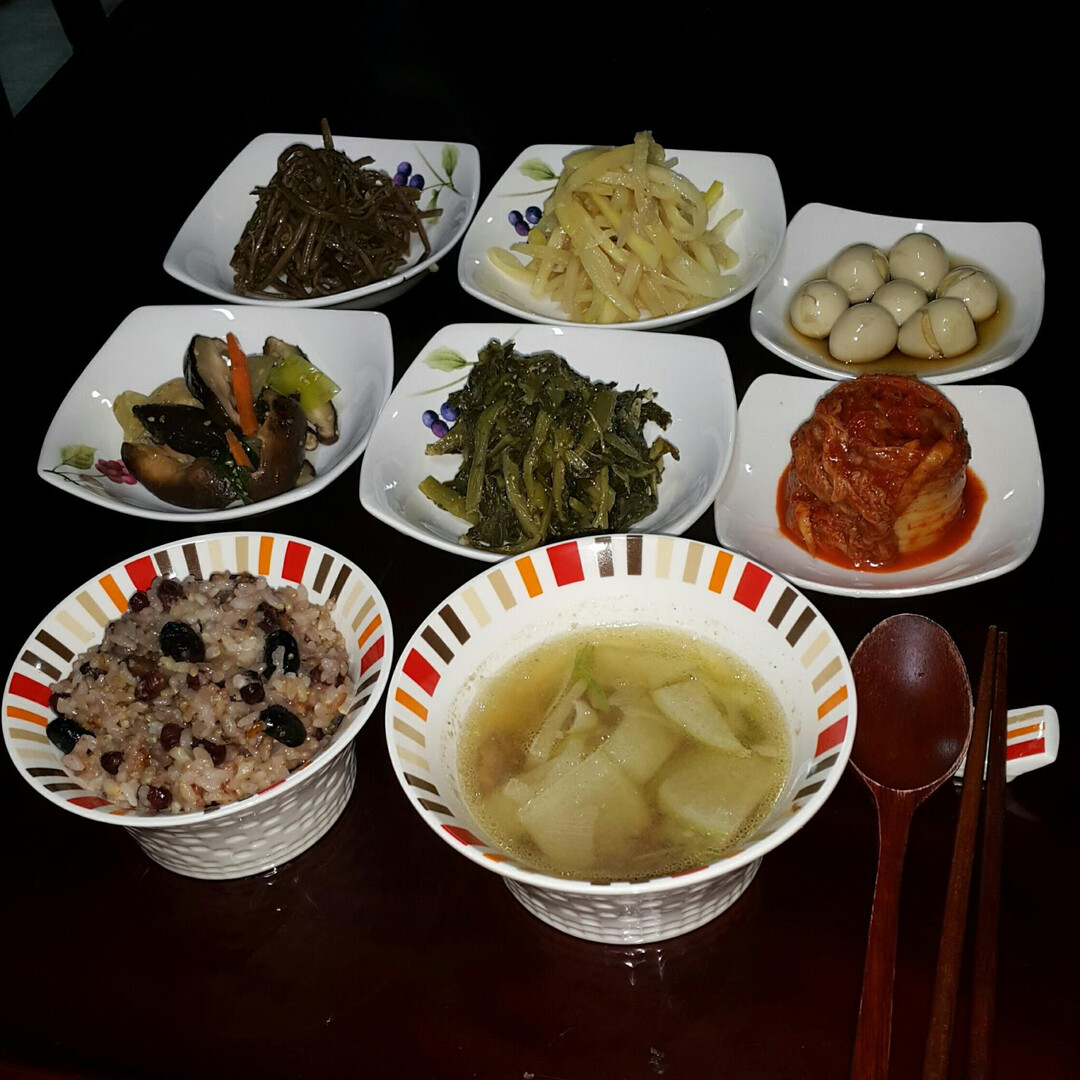
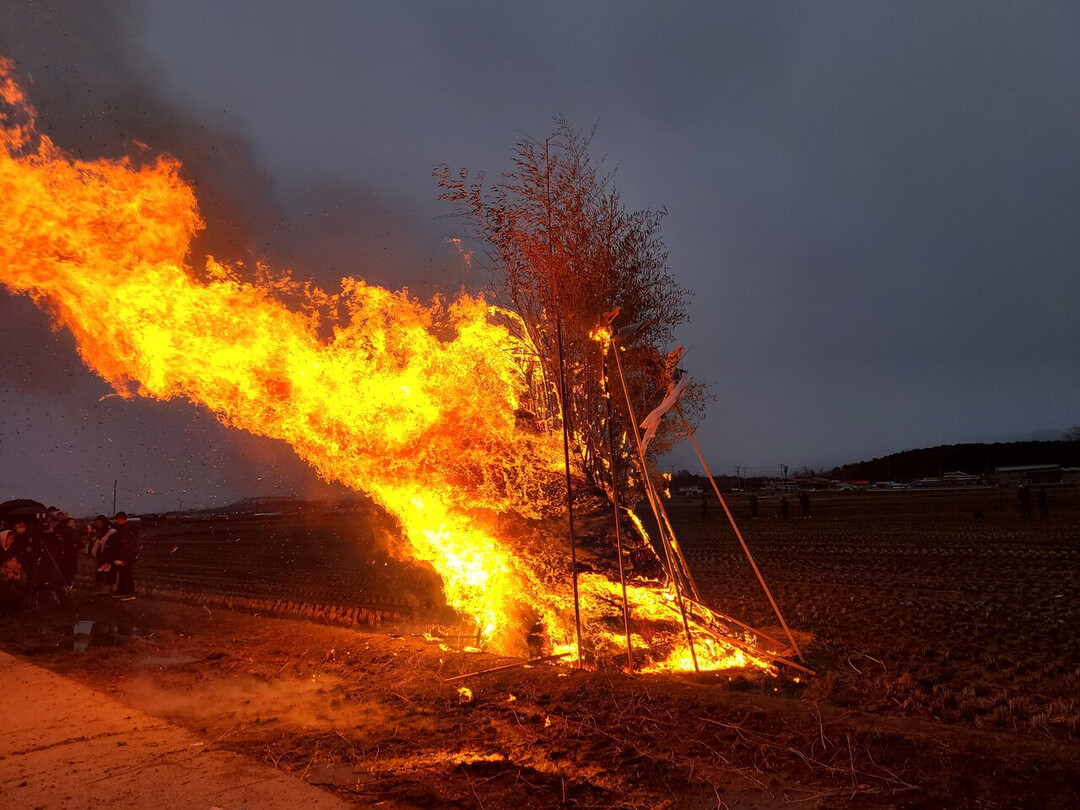
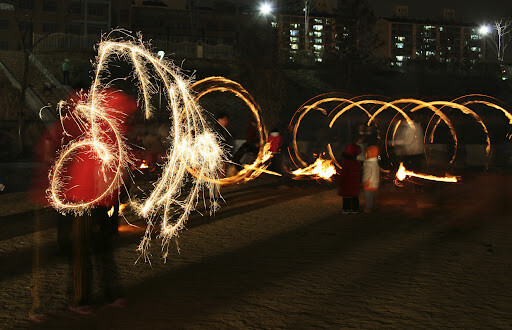
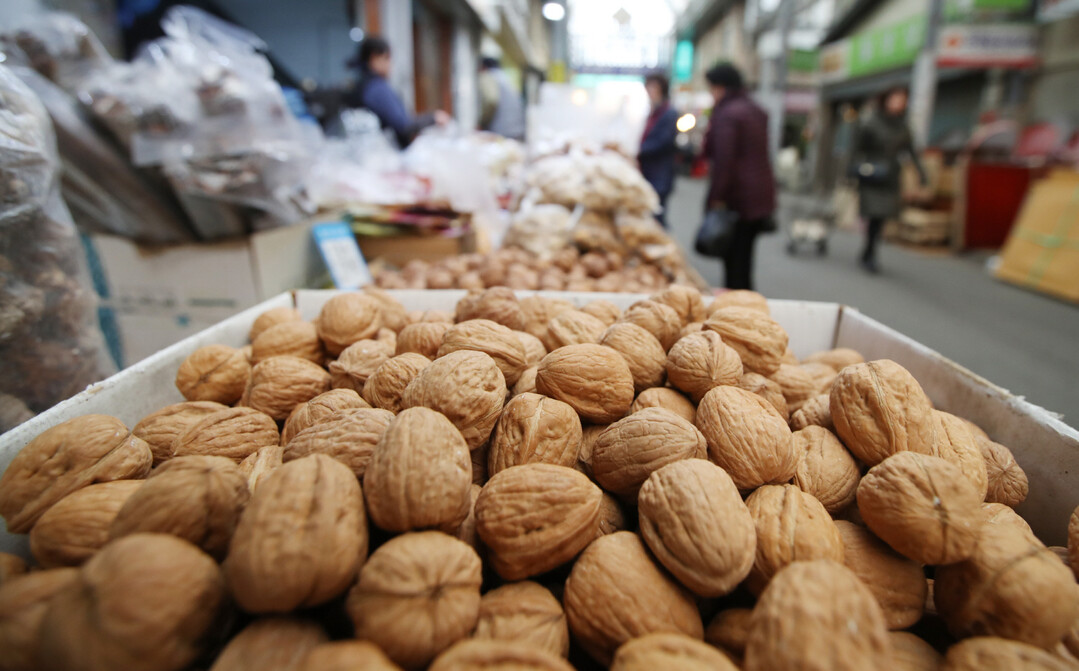
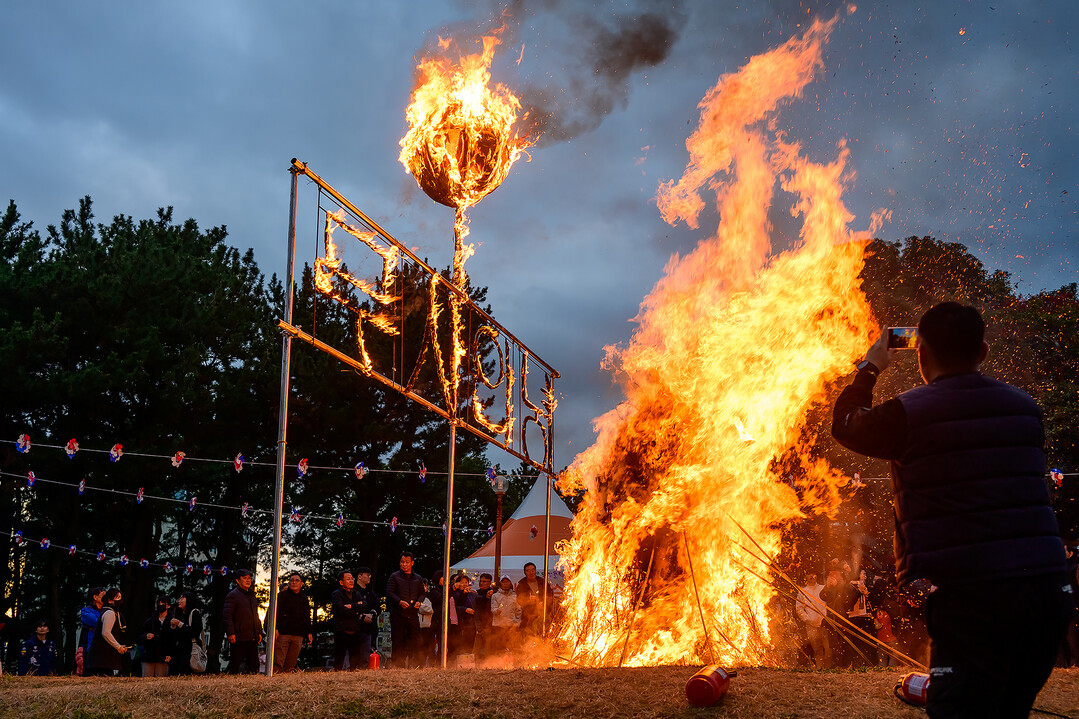
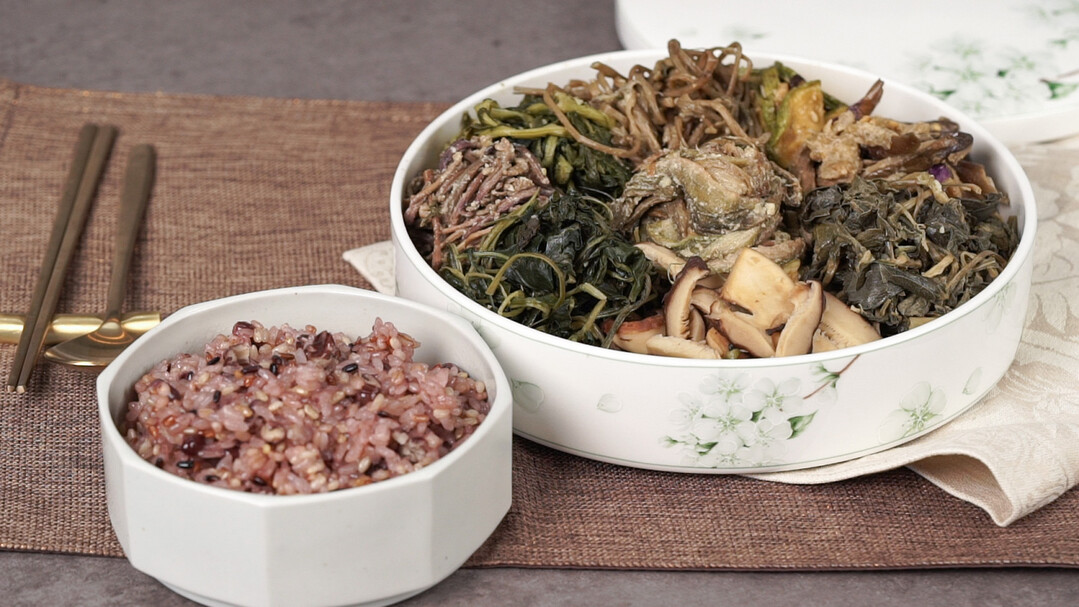
[Copyright (c) Global Economic Times. All Rights Reserved.]



























